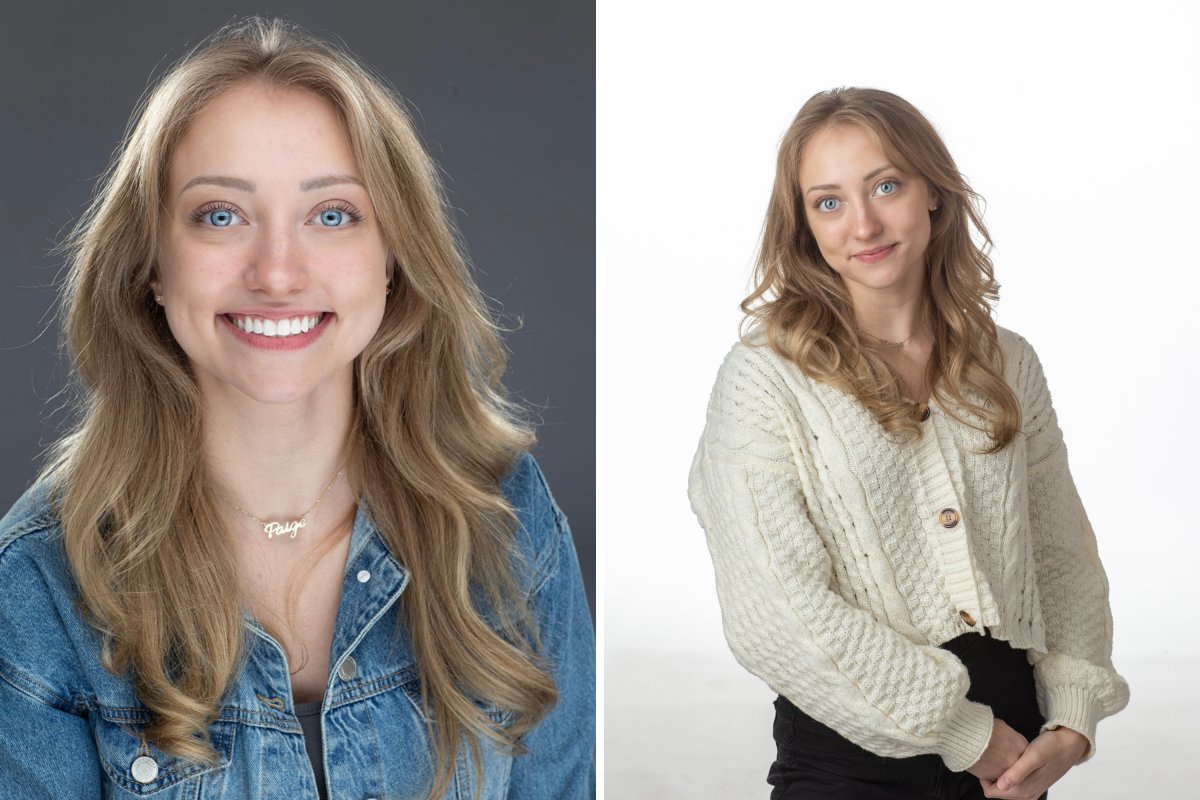Growing up, I navigated a world that felt foreign and unfair. My experiences—and people's reactions to my reactions to my experiences—often made me feel isolated and misunderstood.
I struggled to comprehend why my responses seemed exaggerated to others, and why they weren't having the same reactions as I was. I panicked and cried when an adult tried to make me do something I didn't fully understand, asking them over and over to explain.
Other kids, it seemed, didn't have a problem performing tasks without knowing all of the information, though I also suspected they did know all of that information, and that it was information I was supposed to know, too.
For years, I was dismissed by parents doctors, and teachers when I was struggling and begging for help. My parents yelled at me and told me I was fine and to quit crying, so I ran and hid when I was upset.
When I had panic attacks in class and cried, I was told I was being disruptive and making a scene on purpose, and sent to the office or out in the hallway to deal with my sobs myself. My family doctor, who I shared my personal feelings with, always chalked it up to anxiety and didn't take my pain seriously until I tried to kill myself.
After begging and pleading with my family doctor, I was finally referred to a child psychiatrist, who was the first doctor to assess my mental health and work with me on how to be genuine with myself and others.
Sitting in that hospital room chair receiving my autism diagnosis at age 15 felt like someone poured a bucket of cold water on me, putting out the fire that had engulfed me all those years.

The diagnosis served as a beacon of validation, affirming that my overwhelming experiences were real and valid within the context of autism. It felt like someone was standing up for me for the first time.
It was a pivotal moment of liberation, as I no longer felt pressured to conform to societal expectations of what I should act like and who I should be. Instead, I got that warm hug of acceptance that I had always yearned for, somewhere deep inside, my whole life, and I felt like I was actually, for once, capable of surviving in the world.
But my diagnosis didn't solve everything immediately. Finding out I was autistic didn't change the fact that I was autistic, every day, in real life, and the days kept on going. The anxiety didn't stop. However, now I knew why I was struggling. My life made more sense, and I was able to get more guidance from professionals to help make it work, with my diagnosis as a tool to get me that help.
I no longer felt compelled to make myself uncomfortable or remain in situations that hurt me. I didn't have to laugh at my mother's snide comments or suppress my discomfort at physical contact. I didn't have to struggle to hold eye contact with my father.
One of the most profound impacts of my autism diagnosis was the sense of belonging it instilled. My diagnosis connected me with so many vibrant communities of individuals like me who shared similar perspectives and experiences.
I found comfort and solidarity in knowing that others understood the ins and outs of my sensory issues, anxious ruminating thoughts, and the feelings of disconnection I felt with the people around me. This newfound sense of community became a source of strength and support, enabling me to have confidence in who I am, knowing that I'm not alone.
My diagnosis was an advocate and a guard that stood by and let me explore my passions freely, while before, someone could pull me away, tell me I was wrong or stupid or crazy or over-dramatic or annoying. My diagnosis gave me the liberation to explore myself, without guilt fear, or reservation. And I only explore and accept myself more radically and unapologetically every day, and have the guts to say "no" a whole lot more often. I am finally the driver of my own life.
In hindsight, I know that my autism diagnosis was not just a label–it saved me from deciding that the world was too difficult to continue moving forward, and unlocked resources to support me in living the life I was always supposed to have, authentically and unapologetically.
Paige Layle was diagnosed with Autism Spectrum Disorder (ASD) at the age of 15 and is now an advocate and influencer for a better understanding of autism on social media. Now in her twenties, Paige is an autism acceptance activist and advocate on her social media channels, in person during meetings and speeches about autism, and in her writing as the best-selling author of But Everyone Feels This Way.
All views expressed are the author's own.
Do you have a unique experience or personal story to share? See our Reader Submissions Guide and then email the My Turn team at myturn@newsweek.com.
Uncommon Knowledge
Newsweek is committed to challenging conventional wisdom and finding connections in the search for common ground.
Newsweek is committed to challenging conventional wisdom and finding connections in the search for common ground.
About the writer
Paige Layle was diagnosed with Autism Spectrum Disorder (ASD) at the age of fifteen and is now an advocate and ... Read more
To read how Newsweek uses AI as a newsroom tool, Click here.






